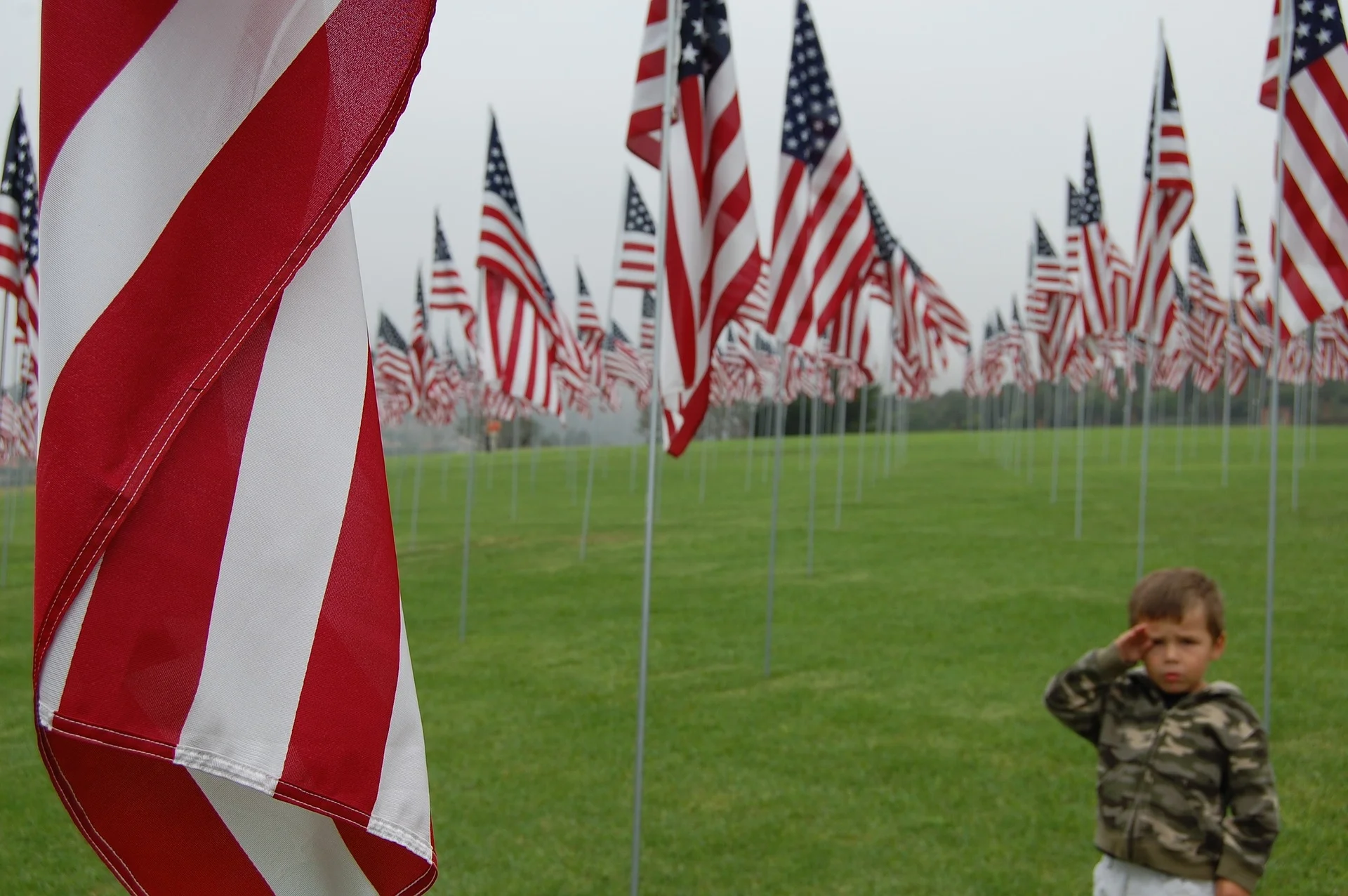Rebooting My Faith, and My Faith Page
Have you ever felt like you needed a reboot. For those of you who are Harry Potter fans, I have always thought it would be nice to have a magical pensieve like the one Professor Dumbledore had in his office. The pensieve was a magical basin of sorts where the Master of Hogwart’s School of Witchcraft and Wizardry could siphon off some of his memories to be viewed at a later date. There are times my brain feels so cluttered up with day to day life, dealing with illness, and taking care of my family, that I don’t think about other things. As I have aged, I have also taken to making lists to remember all the things I need to do.
Image by indigoblues38 from Pixabay
The last two years have been difficult. I have had unexplained health issues since the spring of 2021. I am on my second antibiotic for the sinus infection I got in December. I had a CT scan on December 30th and when my ENT doctor contacted me, he said that there was still infection simmering. The amazing thing was for a whole month after finishing the first antibiotic I was feeling good. My taste and smell were back in full working order and I was not having anything more than my typical sinus drainage. When we got home after my father-in-law’s funeral I got a call from the doctor and he said, I want you on another antibiotic. I told him I was feeling good and would rather not do the antibiotic. He agreed since I have a follow up appointment with him this month. By the next day, my sinuses were all inflamed, my throat was scratchy and I was very fatigued; the exact symptoms of my first go round. I sent the office a message and I was on this new medicine by that afternoon.
Image by Miguel Á. Padriñán from Pixabay
There are times we need to just process. With the death of my father-in-law, I could see that 2023 was not starting off any further ahead than the last two years. However, I feel as though I have a new purpose and drive. Over the last two years, I have felt the pull of God to dig into His word and to have fellowship with other women who are also desiring to move deeper into the layers that are God. He provided my Saturday morning Zoom Bible Study and I also meet once a week via Zoom with a young lady in California who teaches Bible in her spare time. These women have, and continue to inspire me to move closer to the Almighty. My desire is to do the same thing for you.
This year I would like to organize my blog a little better and have given a bit of an outline of what that will look like for Fashion on that page. I would like to do a similar thing on my Faith page. I want to bring you, not just my own thoughts on Faith, but the wisdom and insights of others as well. More than anything I want you to grow a drive to know and love God with all your heart, soul, and mind (Matthew 22:37). A relationship with Christ, His Father and the Holy Spirit makes all the difference in maneuvering this mess we call life.
Image by Steve Buissinne from Pixabay
To mimic my Fashion page, I want to have a plan for more organized content for my Faith posts. The following are tentative. The reason I say that, is because I still want to be open to the leading of the Holy Spirit for what each week holds. There may be times where I need to spend a whole month on a certain passage of Scripture, or on a topic. However, this is what I was thinking:
1st. Thursday - Mulling It Over - a look at a portion of Scripture, a brief background and then ruminating on what it says to us.
2nd. Thursday - Faith Inspiration - drawing inspiration from other sources from teachers or preachers, to books and even music.
3rd. Thursday - Words of Life - looking specifically at passages or verses in the Bible that give encouragement. This would include many of the promises of God, His character, and who we are in His eyes.
4th. Thursday - Creative Christianity - this will be a place for my own creative writing, whether it be from journals, allegories, prose or poetry.
5th. Thursday (once every few months) - Topics - this will be a space for discussing some of the hard bits of walking the Christian life with a look at loving when it is hard, agreeing to disagree, religion or relationship and other things that come to mind. (Please let me know if there is anything you would like to see discussed under these topics.)
If you have been following me for a while, you know my faith in Jesus is real and important. Part of my sharing this blog with you is to let you know you are not alone. Just because I speak a good message, or have on a cute outfit doesn’t mean I don’t struggle. Just as the sufferings of Christ are ours to partake of, I want my struggles and difficulties to be out there for you to partake of as well. Suffering in unity is very important to growing and to living a life without bitterness.
I am excited about where this year is going to take this little blog, so I want your prayers more than ever. The enemy is real and he doesn’t want us to share life with each other. He thrives on isolation, manipulation and deceit. Please know, you are important to me, so if you ever have a prayer request shoot me an email and I will pray for you.
I hope you have a fantastic rest of your week and weekend. Be sure to check back next week for new content.










































